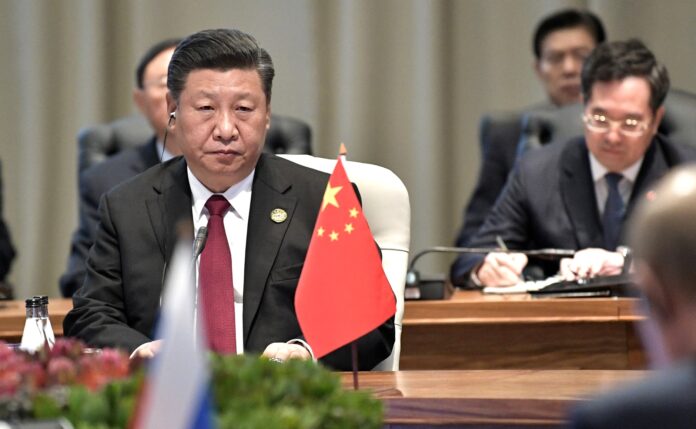Corruption and military effectiveness do not go hand-in-hand. This has been overwhelmingly demonstrated by the performance of Russian forces during the war in Ukraine, where in many cases (and even literally in some instances), ‘the wheels have fallen off’ military kit and overall effectiveness.
The Red Army, once feared by NATO planners who may have envisioned well-coordinated and overwhelming attacks should war have broken out in Europe during the Cold War, has shown it to be a shadow of its former self. Yes, it still has numbers and capability. But the national training regime has suffered through a lack of funding. Networking forces and the ability to coordinate joint operations has been shown to be slow and disconnected. Leadership has also been poor (perhaps with the long-standing appointment of ‘yes’ men), and a command structure where decision making by junior to mid-level commanders is handcuffed by the need for absolute approval higher up the chain of command.
Whether President Putin and the Russian establishment which has endemic corruption can fix this is highly unlikely, especially in the short term. How do you stop those in power who are syphoning off so much loot, without causing them to rebel against ‘the hand that feeds them.’
President Xi, leader of the People’s Republic of China has set a course to address this through a process of ongoing disappearances and trials of senior politicians and military commanders.
If China really is set to match or even overmatch the capability of the United States and its allies in any future face-off, particularly bearing in minds its stated goal of unifying the Republic of China (Taiwan) with the mainland, and finally grabbing and holding its illegitimate ‘Nine Dash Line’ claim to the South China Sea, it will need to demonstrate much more proficiency in its performance from training field, to acquisition, and on to operations than its Russian ally.
by Andrew Drwiega













